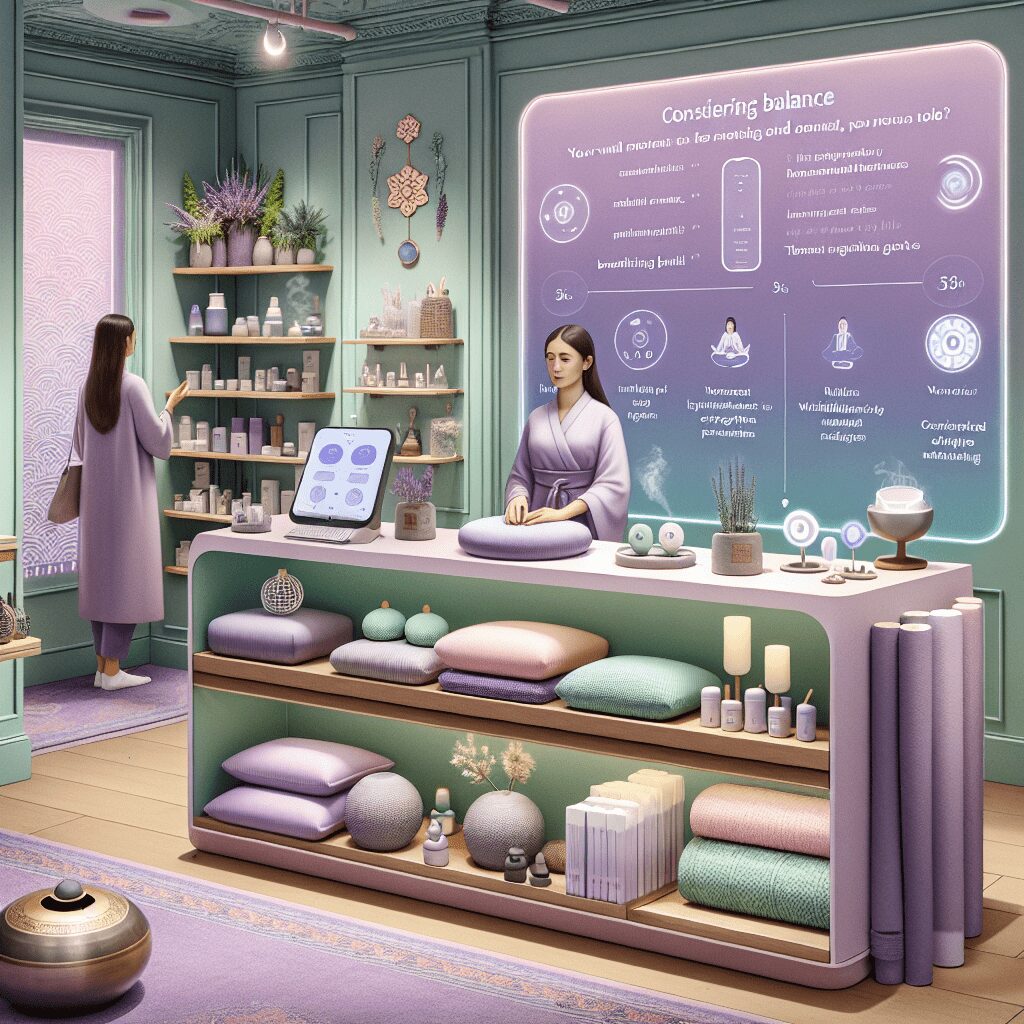
Prioritize your mental well-being daily. Enhance your life by nurturing your mental health with the Smart Meditation app. Break free from stress, alleviate anxiety, and enhance your sleep quality starting today.
Does Social Media Cause Anxiety And Depression?
The Buzzing Query: Social Media’s Impact on Mental Health
In this digital era, social media platforms are like the new town squares. People flock to them for news, entertainment, and socializing. But as we scroll through feeds bursting with picture-perfect lives, a nagging question emerges: Does social media cause anxiety and depression? Let’s explore this multifaceted issue, unraveling facts from fiction and shining a light on how these digital domains impact our mental wellness.
Unraveling the Connection
Social media’s pervasive presence in our daily lives has sparked significant interest and concern among mental health professionals, researchers, and the general public alike. With a cornucopia of studies delving into this topic, the findings are as complex as human emotions themselves. Here’s the scoop:
-
A Double-Edged Sword: Social media platforms are not inherently good or bad. They offer unparalleled opportunities for connection, especially invaluable in times of physical isolation, like during the pandemic. Yet, they can also be a hotbed for cyberbullying, unrealistic comparisons, and the overwhelming pressure to curate a flawless online persona.
-
The Comparison Trap: Ah, the old adage, “Comparison is the thief of joy,” rings especially true in the context of social media. Continuous exposure to highlight reels of others can lead to feelings of inadequacy, low self-esteem, and, ultimately, a plummet into the depths of anxiety and depression.
-
Fear of Missing Out (FOMO): Ask around, and you’ll find that FOMO isn’t just a trendy acronym; it’s a real psychological phenomenon exacerbated by social media. Seeing others engaged in activities or achieving milestones can trigger anxiety and a sense of being left behind.
-
Digital Detoxes and Limiting Screen Time: Recognizing the potential pitfalls, many are now advocating for digital detoxes or imposing strict screen time limits. This isn’t about quitting cold turkey but fostering a healthier relationship with our digital devices.
Strategies to Safeguard Mental Health
While we navigate the tempestuous seas of likes, comments, and shares, here are some life rafts to keep us afloat:
-
Mindful Engagement: Be intentional about your social media use. Ask yourself, “Is this enriching my life, or is it a source of stress?” Cultivate a feed that uplifts and inspires rather than one that drags you down.
-
Quality Over Quantity: Focus on cultivating genuine connections rather than amassing a vast number of superficial interactions. Engaging in meaningful conversations can enhance a sense of community and belonging.
-
Set Boundaries: Allocate specific times for social media and stick to them. Consider apps or tools that track your usage and remind you to take breaks. Remember, the real world awaits beyond the screen.
-
Reality Check: Take everything you see with a grain of salt. Remind yourself that social media is a curated snapshot of someone’s life, not the full picture. Embrace your journey, with its ups and downs, and resist the urge to compare.
-
Seek Support: If you’re struggling, you’re not alone. Reach out to friends, family, or professionals who can help you navigate these feelings. Sometimes, a listening ear is all it takes to start feeling better.
The link between social media and mental health is intricate, painted in shades of gray rather than black and white. At its core, it’s about finding a balance that works for you, nurturing your real-life relationships, and remembering that it’s okay to take a step back when the digital world feels overwhelming. By approaching social media with a critical eye and a self-compassionate heart, we can turn it into a tool that enhances rather than detracts from our mental well-being.





